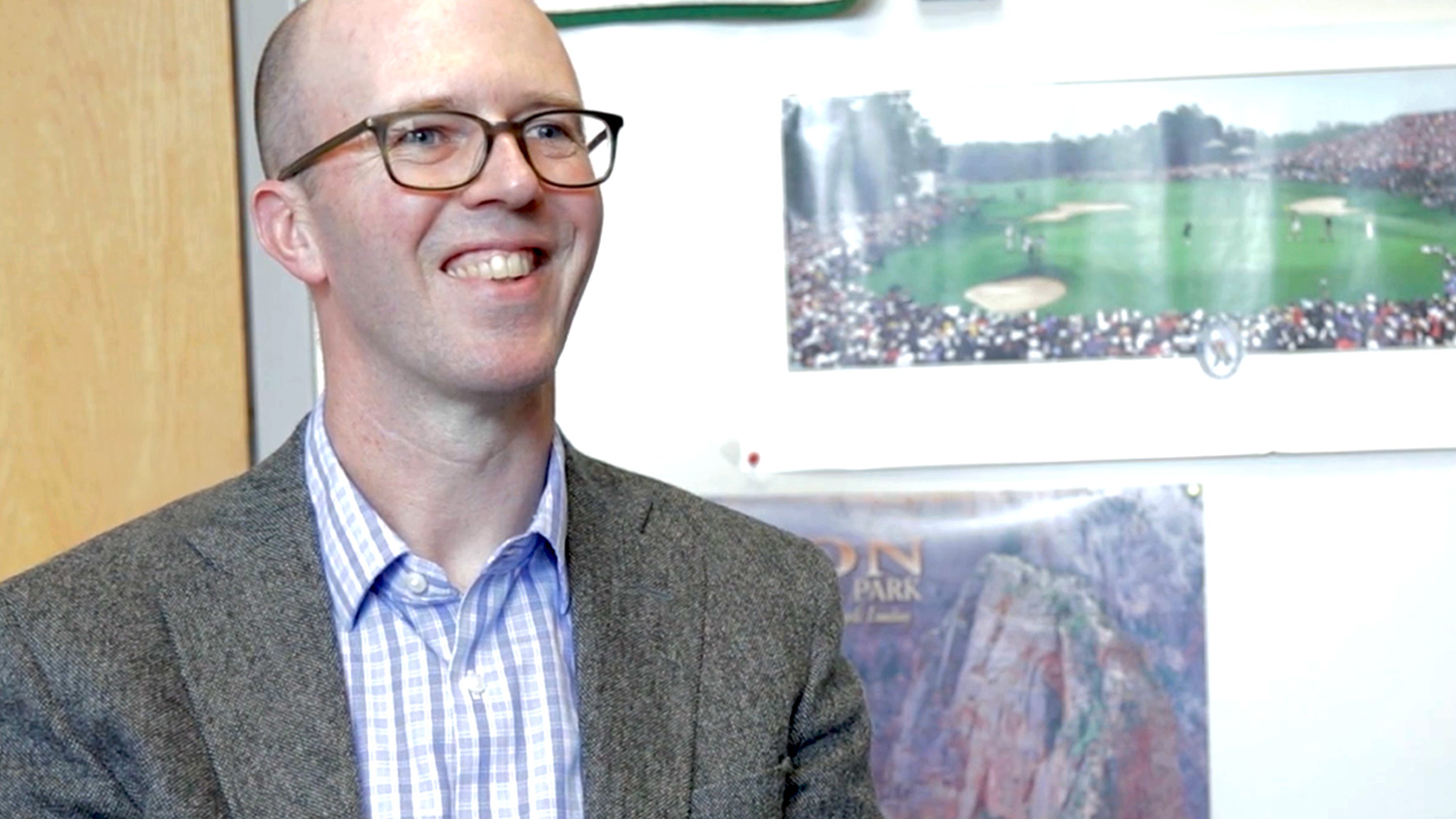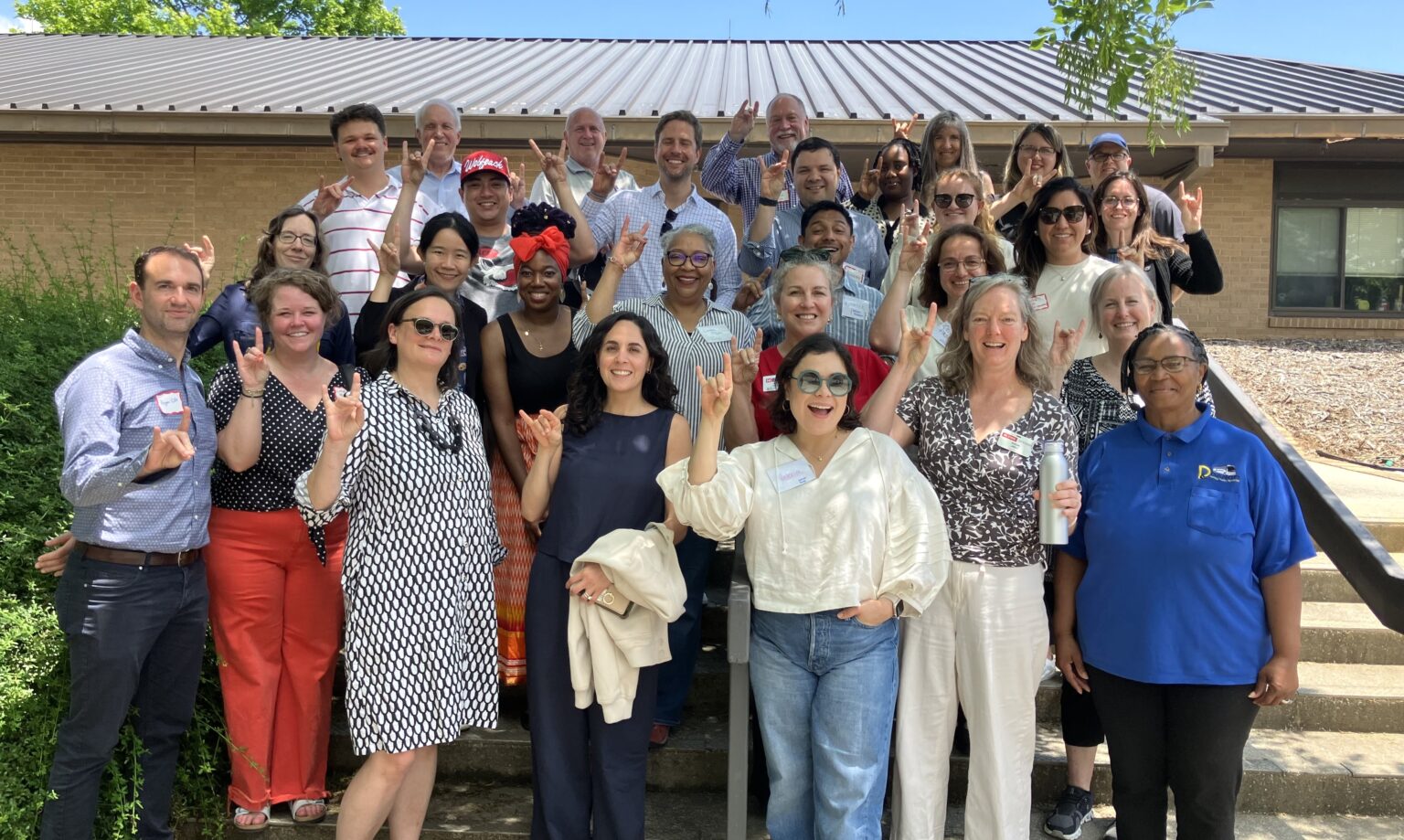Professor Thayer Morrill: Bridging the Theoretical and Applied to Solve Real World Problems
“People ask me if I’m a theoretical economist, and I guess the answer has to be yes, but I think of myself as an applied economist,” says Thayer Morrill, associate professor of economics in the NC State Poole College of Management, whose research interests include matching theory, game theory and auction theory.
Applied economics is a field that focuses on “trying to apply theoretical questions to real world problems,” he said in a recent video interview for Poole College communications. It is an approach that reflects his ongoing interest in both mathematics and economics, and draws on his specializations in matching theory, game theory and auction theory.
Morrill received his doctorate in economics from the University of Maryland, College Park, and has a master’s and a bachelor’s in mathematics, from the University of Wisconsin, Madison, and Miami University, Oxford, Ohio, respectively. He joined the NC State Poole College Department of Economics in in 2008, where he teaches courses on topics in game theory and microeconomic theory, and conducts research with colleagues in his department, across campus, and in the community.
“I originally was a frustrated mathematician and I loved working on math problems, but the questions were so abstract and so vague. Switching to economics, I get to use as much mathematics as I want, but it’s (about) real questions and real changes,” he said. That includes projects as diverse as helping to save lives by setting up kidney exchanges and improving vaccine procurement processes, and developing the process that is used by the Wake County School District to assign children to their schools.
“This is exactly what the economists are doing. Setting up these kidney exchanges and being able to see how we have made school assignment in Wake County better is very rewarding,” Morrill said.
“Our research is at the intersection of operations research, engineering, mathematics, computer science, “so being at the university means there is a large group of collaborators for us. It’s fun, because there is interaction at both the high level theoretical research, but always trying to apply it to real world problems,” he said.
An example of that collaboration is the work he and three colleagues in NC State’s College of Engineering are doing in a four-year civil, mechanical and manufacturing innovation project funded by the National Science Foundation. The project summary states that it is “aiming to contribute to national prosperity by providing rigorous methods to improve the management of product transitions and the introduction of new products to replace older models, in high-technology manufacturing industries.”
It is in response to shorter product life cycles in high-tech industries caused by “the rapid pace of technological development and strong competition among firms.” That means companies need to advance “new product development and testing, critical to the firm’s success, while continuing to produce a range of products unaffected by the transition.”
The team of researchers is developing a simulation-based computer game that will provide hands-on experience with efficient collaborative solutions for the management of product transitions.
View this video to hear from Professor Thayer Morrill about his research and his teaching.
- Categories:



